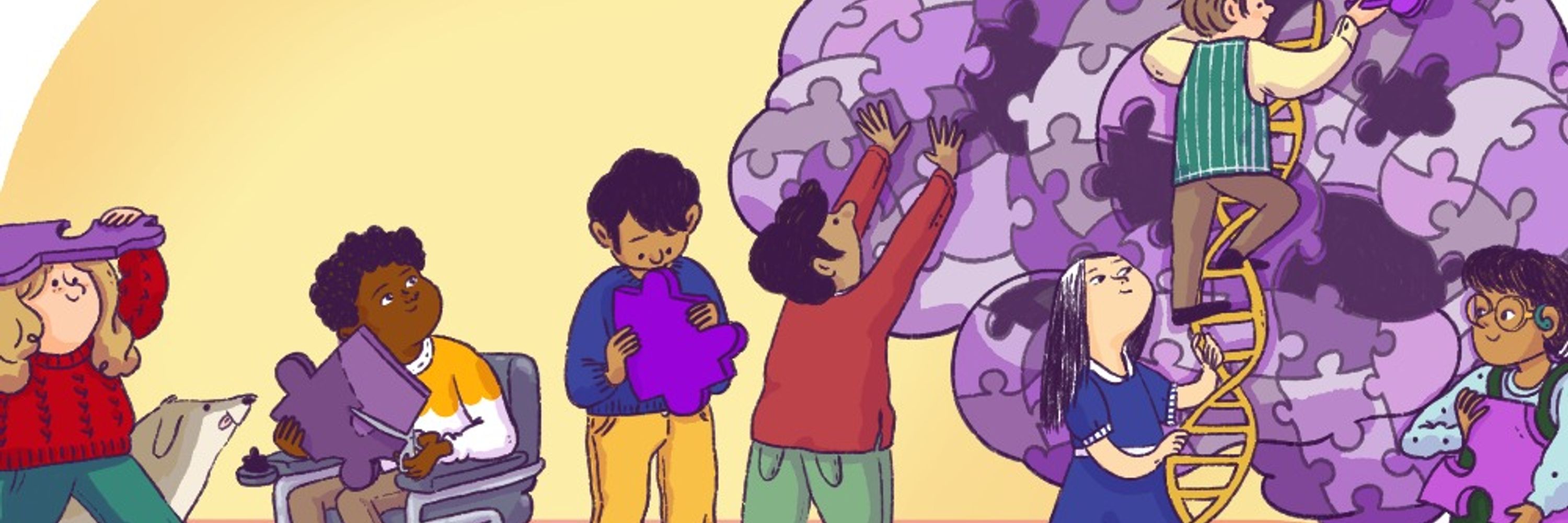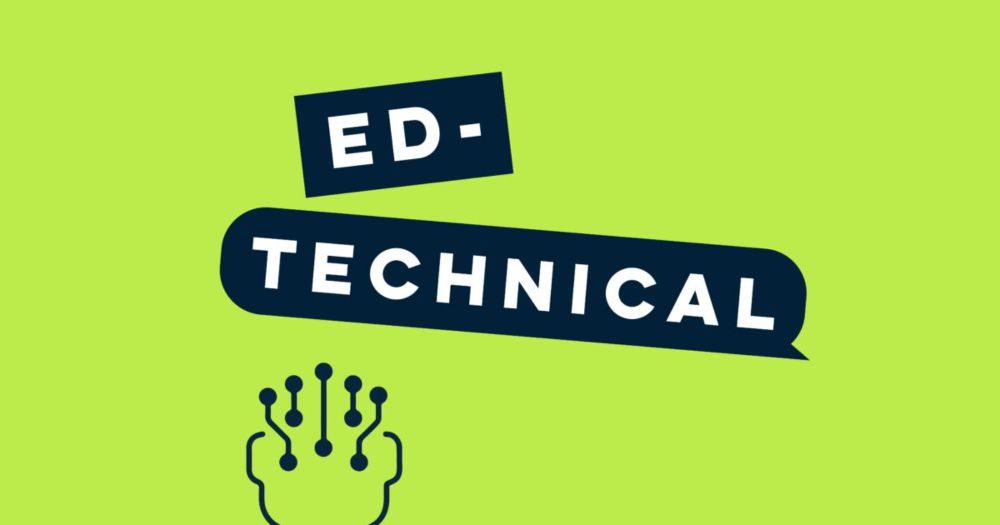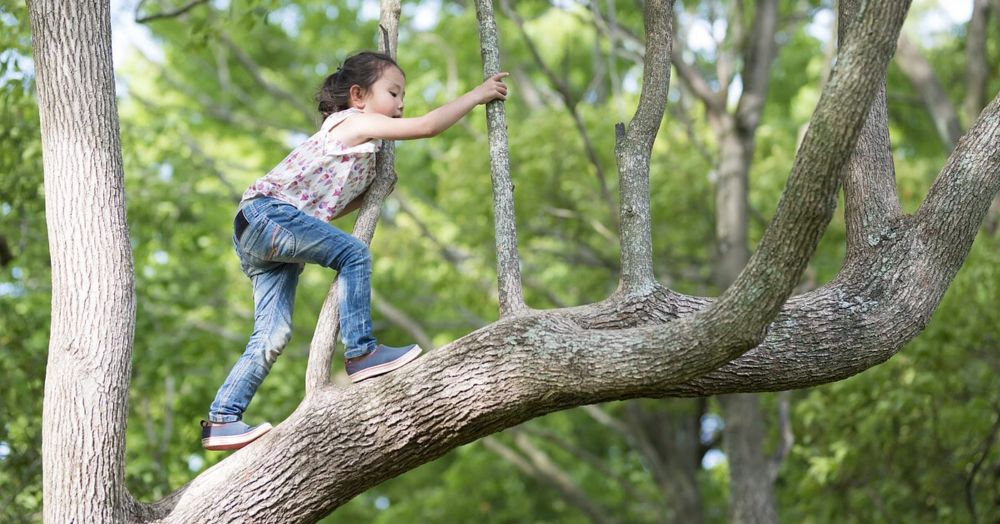
Brenden Tervo-Clemmens explores what daily changes in brain function mean for teens’ lives and education. @tervoclemmensb.bsky.social #BrainDevelopment boldscience.org/the-neurosci...

Brenden Tervo-Clemmens explores what daily changes in brain function mean for teens’ lives and education. @tervoclemmensb.bsky.social #BrainDevelopment boldscience.org/the-neurosci...
All families are unique, with their own priorities and values, say Emma Blakey, Molly Willis, and Emma Smith.
boldscience.org/theres-no-si...

All families are unique, with their own priorities and values, say Emma Blakey, Molly Willis, and Emma Smith.
boldscience.org/theres-no-si...
A game of 'freeze dance' or 'musical statues' may improve preschoolers’ working memory, says @melissa-hogenboom.bsky.social #ExecutiveFunction boldscience.org/how-movement...

A game of 'freeze dance' or 'musical statues' may improve preschoolers’ working memory, says @melissa-hogenboom.bsky.social #ExecutiveFunction boldscience.org/how-movement...
Chunyan Yang tells Annie Brookman-Byrne how young people and educators can build resilience in the face of adversity. #EdChat boldscience.org/the-school-p...

Chunyan Yang tells Annie Brookman-Byrne how young people and educators can build resilience in the face of adversity. #EdChat boldscience.org/the-school-p...
Read again: Eddie Brummelman tells Melissa Hogenboom that asking and answering personal questions can help children feel more loved.

Read again: Eddie Brummelman tells Melissa Hogenboom that asking and answering personal questions can help children feel more loved.
Libby Hills and Owen Henkel speak with @candiceodgers.bsky.social, who calls for a more careful reading of the evidence. #EdTech boldscience.org/teen-mental-...

Libby Hills and Owen Henkel speak with @candiceodgers.bsky.social, who calls for a more careful reading of the evidence. #EdTech boldscience.org/teen-mental-...
Aisha Schnellmann explains that educators can nurture children’s social responsibility by encouraging thoughtful classroom conversations. #CivicLearning
boldscience.org/how-to-deal-...

Aisha Schnellmann explains that educators can nurture children’s social responsibility by encouraging thoughtful classroom conversations. #CivicLearning
boldscience.org/how-to-deal-...
Lorelei Aeby, Ines Daccord, & David Bürgin explain how music can help adolescents cope with stress. @jacobscenteruzh.bsky.social #EmotionalRegulation boldscience.org/how-teenager...

Lorelei Aeby, Ines Daccord, & David Bürgin explain how music can help adolescents cope with stress. @jacobscenteruzh.bsky.social #EmotionalRegulation boldscience.org/how-teenager...
BOLD sat down with Eddie Brummelman, Associate Professor at the University of Amsterdam, to find out.
@kidlab.bsky.social
BOLD sat down with Eddie Brummelman, Associate Professor at the University of Amsterdam, to find out.
@kidlab.bsky.social
Young people and caregivers must be involved in the design of AI technology, say Natalia Kucirkova, Alexis Hiniker, Sho Tsuji, Robert Wolfe, Aayushi Dangol, and Megumi Ishikawa. boldscience.org/can-conversa...

Young people and caregivers must be involved in the design of AI technology, say Natalia Kucirkova, Alexis Hiniker, Sho Tsuji, Robert Wolfe, Aayushi Dangol, and Megumi Ishikawa. boldscience.org/can-conversa...
Libby Hills and Owen Henkel explore with Daisy Christodoulou MBE, EdTechnical’s very first guest from two years ago. @libbylhhills.bsky.social @daisychristo.bsky.social #EdTech
boldscience.org/whats-workin...

Libby Hills and Owen Henkel explore with Daisy Christodoulou MBE, EdTechnical’s very first guest from two years ago. @libbylhhills.bsky.social @daisychristo.bsky.social #EdTech
boldscience.org/whats-workin...
Still relevant: Adults should support young people in making healthy decisions about phone use, says @kathrynbates47.

Still relevant: Adults should support young people in making healthy decisions about phone use, says @kathrynbates47.
Cognitive neuroscientist @sofievalk.bsky.social tells Aisha Schnellmann that brains are shaped by both biology and the world around us. boldscience.org/the-cognitiv...

Cognitive neuroscientist @sofievalk.bsky.social tells Aisha Schnellmann that brains are shaped by both biology and the world around us. boldscience.org/the-cognitiv...
Despite good intentions, help isn’t always beneficial for children, says Meeri Kim. #ChildDevelopment boldscience.org/when-helping...

Despite good intentions, help isn’t always beneficial for children, says Meeri Kim. #ChildDevelopment boldscience.org/when-helping...
Boys can become dissatisfied with their bodies, but adults can help. Jessica Felder, Tamesha Dirr, Livia von Siebenthal, Yaëlle Eschmann & David Bürgin. @jacobscenteruzh.bsky.social boldscience.org/body-image-s...

Boys can become dissatisfied with their bodies, but adults can help. Jessica Felder, Tamesha Dirr, Livia von Siebenthal, Yaëlle Eschmann & David Bürgin. @jacobscenteruzh.bsky.social boldscience.org/body-image-s...
A look back: Andrea Paula Goldin, Michelle Dinneen-White, and Benjamin Herold explore how joyful talk and play in everyday scenarios help children learn.

A look back: Andrea Paula Goldin, Michelle Dinneen-White, and Benjamin Herold explore how joyful talk and play in everyday scenarios help children learn.
Amanda Ruggeri says encouragement from caregivers and educators could help close the gender gap in outdoor play. #Play boldscience.org/why-girls-ne...

Amanda Ruggeri says encouragement from caregivers and educators could help close the gender gap in outdoor play. #Play boldscience.org/why-girls-ne...
Alejandro Ganimian tells Aisha Schnellmann about helping teachers meet the needs of all students in diverse classrooms. #EdChat
boldscience.org/the-economis...

Alejandro Ganimian tells Aisha Schnellmann about helping teachers meet the needs of all students in diverse classrooms. #EdChat
boldscience.org/the-economis...
Revisit Charles Hulme talking with Aisha Schnellmann about the cumulative importance of children’s language development.

Revisit Charles Hulme talking with Aisha Schnellmann about the cumulative importance of children’s language development.
Anika Stark, Claudia Woodtli, Melina Pozzy, Noemi Lutz, & David Bürgin on reducing stress in adolescence. @jacobscenteruzh.bsky.social boldscience.org/the-power-of...

Anika Stark, Claudia Woodtli, Melina Pozzy, Noemi Lutz, & David Bürgin on reducing stress in adolescence. @jacobscenteruzh.bsky.social boldscience.org/the-power-of...
Writing with pencil and paper could lead to better learning than typing, says Meeri Kim. #EdChat #Literacy
boldscience.org/handwriting-...

Writing with pencil and paper could lead to better learning than typing, says Meeri Kim. #EdChat #Literacy
boldscience.org/handwriting-...
Pilar Alamos explores with Aisha Schnellmann how teachers can help young children feel valued and empowered to learn. #EdChat boldscience.org/the-developm...

Pilar Alamos explores with Aisha Schnellmann how teachers can help young children feel valued and empowered to learn. #EdChat boldscience.org/the-developm...
BOLD sat down with Eddie Brummelman, Associate Professor at the University of Amsterdam, to find out.
@kidlab.bsky.social
BOLD sat down with Eddie Brummelman, Associate Professor at the University of Amsterdam, to find out.
@kidlab.bsky.social
Chiara Staub, Alessia Colacino, Sarah Zurmühle, & David Bürgin explain that working with teenagers’ body clocks can yield academic and emotional benefits.
@jacobscenteruzh.bsky.social boldscience.org/how-schools-...

Chiara Staub, Alessia Colacino, Sarah Zurmühle, & David Bürgin explain that working with teenagers’ body clocks can yield academic and emotional benefits.
@jacobscenteruzh.bsky.social boldscience.org/how-schools-...
In this short episode of our guest podcast EdTechnical, Libby Hills and Owen Henkel discuss the trade-off between building guardrails for safety, and achieving ambitious goals. #EdChat
boldscience.org/is-safety-co...

In this short episode of our guest podcast EdTechnical, Libby Hills and Owen Henkel discuss the trade-off between building guardrails for safety, and achieving ambitious goals. #EdChat
boldscience.org/is-safety-co...

